As we grow older, our bodies undergo natural changes that affect how we process food. After the age of 60, metabolism slows, digestion becomes more sensitive, and nutritional needs shift significantly. Some foods that were once harmless—or even healthy—can now contribute to serious health issues or worsen existing conditions.
Making thoughtful dietary choices can improve overall well-being, support healthy aging, and enhance your quality of life.

Why Avoiding Certain Foods Matters in Your 60s and Beyond
With aging comes a heightened risk for chronic conditions like high blood pressure, diabetes, and heart disease. In addition, certain foods can interfere with how medications are absorbed and processed in the body—a critical concern for many older adults. Here’s a closer look at which foods to limit or avoid altogether after 60 and why:
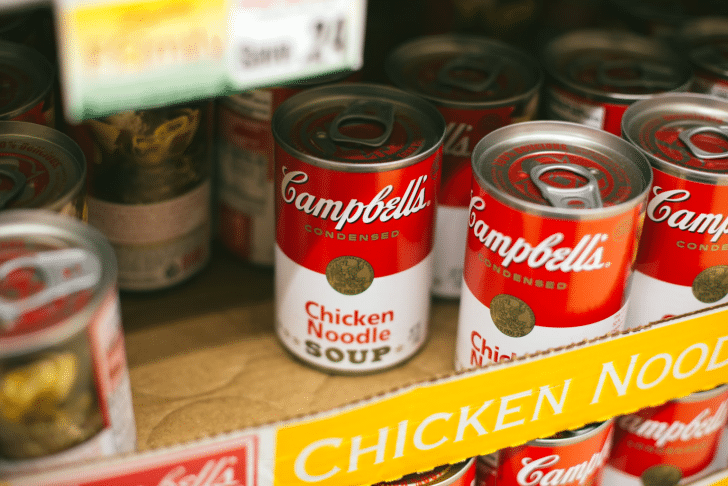
1. High-Sodium Processed Foods
Excessive sodium intake can raise blood pressure, harden arteries, and increase the risk of stroke—often without visible symptoms. The biggest sodium culprits aren’t just table salt, but processed foods like:
- Frozen meals
- Canned soups
- Deli meats
- Chips, pretzels, and even bread and cereals
Healthier alternative: Choose low-sodium versions, cook fresh meals, and use herbs and spices for flavor instead of salt.
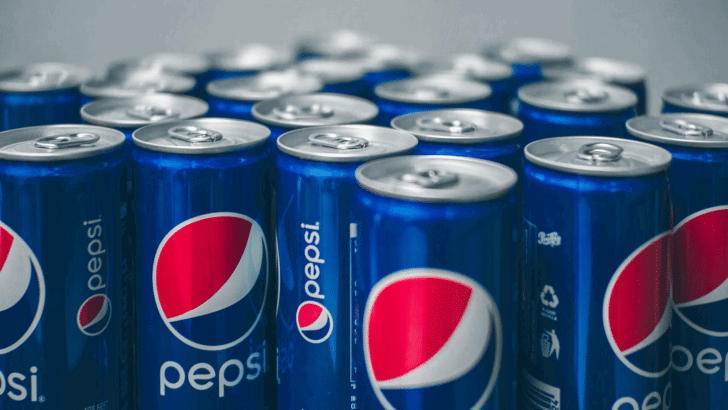
2. Sugary Beverages and Fruit Juices
As the body ages, its ability to process sugar declines. Sugary drinks can:
- Spike blood glucose levels
- Increase inflammation
- Contribute to weight gain and Type 2 diabetes
Sodas, sweetened coffee drinks, and packaged fruit juices (lacking fiber) are especially harmful.
Better choices: Water infused with fruit slices, herbal teas, or diluted 100% juice in moderation.

3. Artificial Sweeteners
Though marketed as diet-friendly, sugar substitutes can:
- Disrupt gut bacteria
- Trigger digestive issues
- Increase cravings for sweets
- Possibly lead to weight gain over time
Alternative: Use natural sweeteners like honey or stevia sparingly, and limit sweetened products overall.
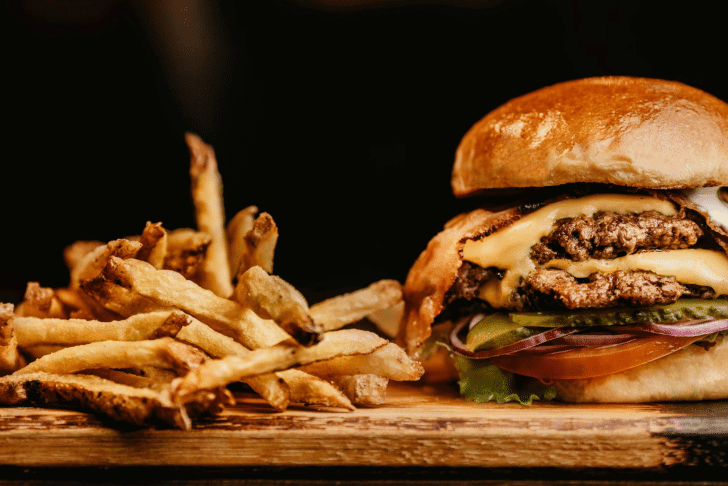
4. Fried and Fast Foods
After 60, high-fat fried foods become harder to digest and contribute to:
- Increased inflammation
- Elevated cholesterol
- Strain on the digestive system
These foods are calorie-dense and nutrient-poor, making them a poor choice for aging bodies.
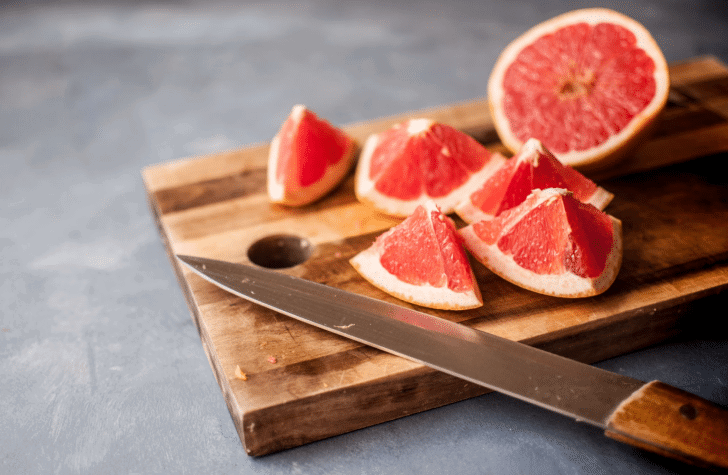
5. Grapefruit (for Some Medications)
Grapefruit can interfere with how your body metabolizes certain medications, including:
- Statins
- Blood pressure drugs
- Anti-anxiety and sleep medications
Tip: Always consult your doctor or pharmacist about food–drug interactions.

6. Raw or Undercooked Foods
With age, the immune system weakens, increasing vulnerability to foodborne illnesses. Risky foods include:
- Undercooked eggs and meats
- Raw sprouts
- Unpasteurized dairy
These can harbor harmful bacteria like salmonella or listeria, which are more dangerous to seniors.

7. Caffeine
As you age, caffeine stays in your system longer. It can:
- Disrupt sleep
- Raise blood pressure
- Worsen anxiety and heartburn
Tip: Limit caffeine intake and avoid it late in the day to improve sleep quality.

8. Alcohol
Even moderate alcohol consumption becomes riskier after 60. Alcohol can:
- Interact with medications
- Affect balance and coordination
- Impair liver function and blood sugar control
Suggestion: Cut back or eliminate alcohol, especially if you’re managing chronic conditions or on medication.
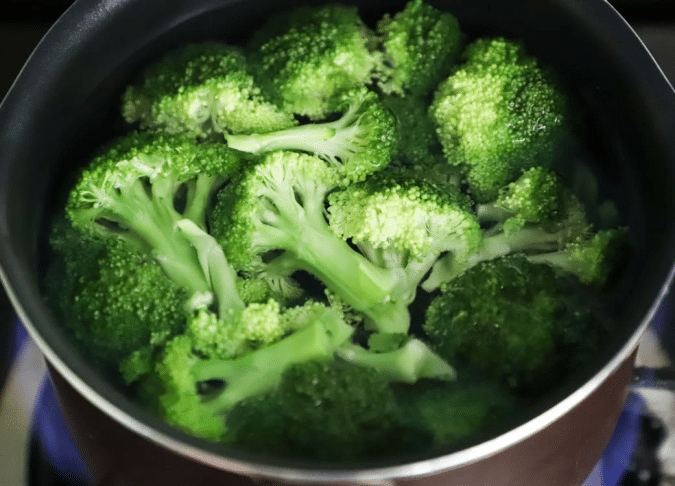
9. Hard-to-Chew Foods
Dental issues are common with age, but don’t need to compromise nutrition. Replace tough foods with:
- Steamed vegetables
- Ground lean meats or flaky fish
- Soft fruits like bananas, berries, and melons
Canned or frozen options can also help when chewing becomes difficult.
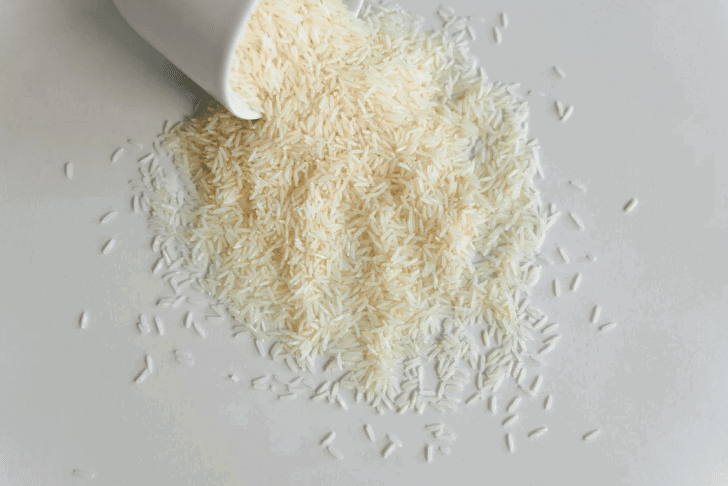
10. High-Glycemic Carbohydrates
White bread, white rice, and refined grains convert quickly into sugar, causing:
- Blood sugar spikes
- Increased inflammation
- Heightened risk of metabolic disease
Better option: Switch to whole grains like brown rice, oats, and quinoa for steady energy and added fiber.
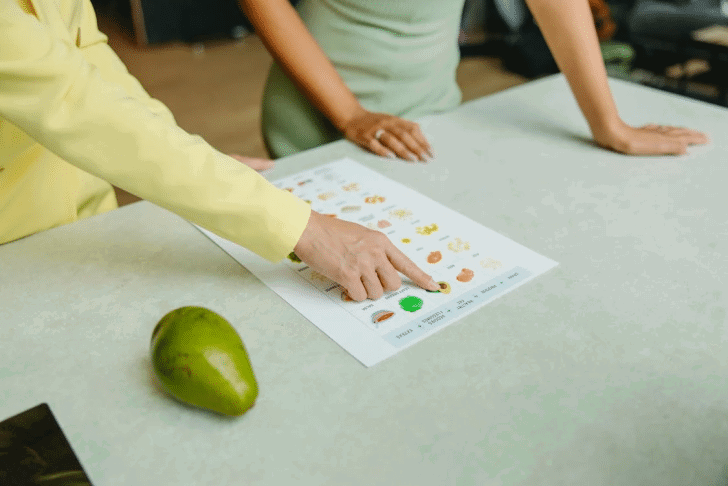
Building a Healthier Diet After 60
Avoiding harmful foods is just one side of the coin. To age well, focus on:
- Lean proteins for muscle strength
- Whole grains for heart and digestive health
- Colorful fruits and vegetables for antioxidants
- Healthy fats like olive oil and avocados for brain health
- Calcium-rich foods to support bones
Consult a registered dietitian who specializes in senior nutrition to tailor a plan that works for you.
